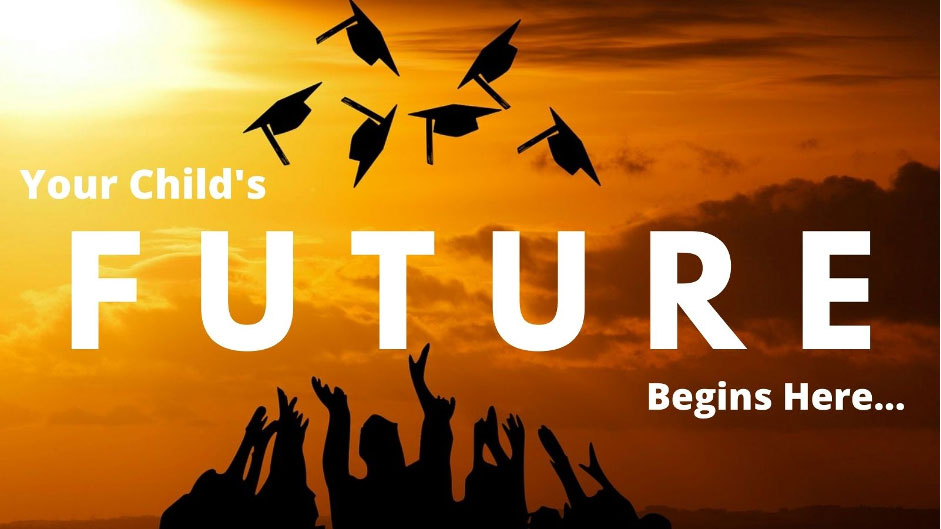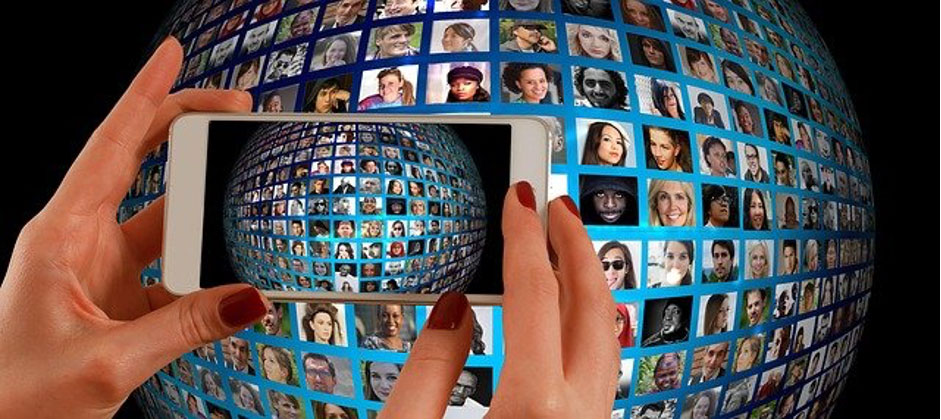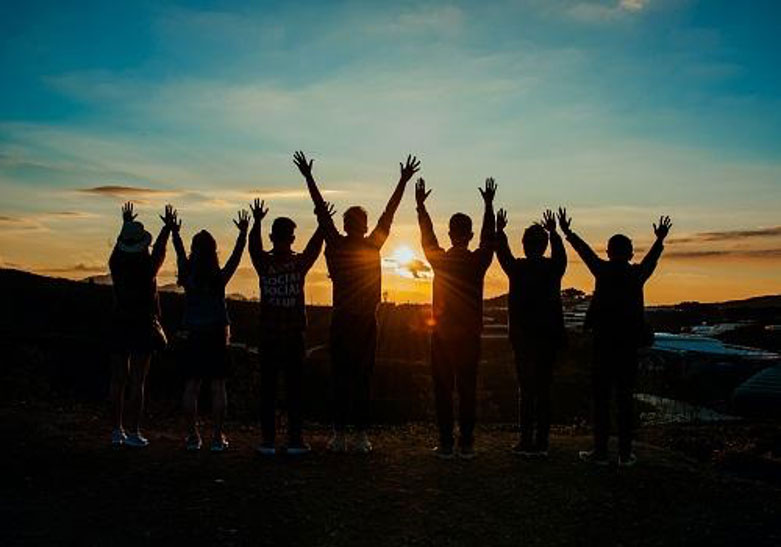
The dynamism of the world has forged the education system to bring about a change in its objectives, approach, methods, and techniques to mold it according to the needs of the present and future time.
The traditional education system which was focused to prepare the students for ‘the present’ is not effective to meet future needs. Its main aim is to teach some general concepts in different subjects, some basic skills, and average language proficiency(in only 1 language) to make students fit for the present, ignoring the future completely.
Fortunately, the situation has changed now because of globalization, businesses need a more diverse workforce; having differentiated skills; and expertise in their respective fields. This mandates for educational institutions, schools, and academies to discover the best skills, strongest passion, and highest interest of the students thereby giving them plenty of opportunities to develop themselves as an expert in their fields.
In simple words, it is safe to say that the future education system is going to be highly individualized, diverse, and informal.

Diversification of skills is significantly important to prepare the students for the future. As we know the economy of the world has already globalized and it is going to attain even a higher degree shortly. Therefore, the responsibility comes on the shoulders of educational institutions to cultivate individuals with diverse skills and expertise to be successful.
In the present world, one cannot rely on a single skill completely but should have a skill set to stay competitive.
Hence, we focus on giving several opportunities to acquire the diverse skills which are the need of the future thereby making fit for rechallenges and competition.

Today’s parents, who have grown up in the lap of technology have unprecedented expectations about what their kids will learn and how.
They encourage their kids to try new things, explore new opportunities and make careers in new fields. The increased expectations are compelling the parents to search for new sources of learning which are pretty different from traditional schools and formal education. The success of Khan’s Academy and YouTube are the live examples before us.
With that said, clearly, future education is going to be digitized. The internet has vanished the borders between us. Now, we can seamlessly communicate with each other irrespective of the distance between us. Evidently, we see now, teachers and learners are using digital platforms worldwide. Plus, various apps are boosting, the learning process helping it to align with the technology. Making it faster. Better. And enjoyable.
“As future jobs will pair computer intelligence with human knowledge, skills, character qualities, and values, it will be our capacity for innovation, our awareness, our ethical judgment, and our sense of responsibility that will equip us to harness machines to shape the world for the better.”
UNESCO on Educating Students for Their Future.
Hence, our students get world-class tech experience, and exposure to the latest technology, to harness the digital resources and develop themselves as tech individuals. Whose services are southerly by the businesses across the world?

The new curriculum framework designed by OECD countries referred to as ‘Education 2030’ has drawn our attention towards the need for developing ethics, character, and citizenship and a variety of essential social and emotional skills such as empathy, compassion, thoughtfulness, collaboration, responsibility, teamwork, and self-regulation.
The structurally imbalanced world composed of different people that belong to different cultures has different preferences and viewpoints. Generation of stereotypes, prejudices, and discrimination is common in companies that employ a large number of employees of different ethnic groups, belonging to different cultures, and speak different languages.
Hence we teach our children together to reconcile the diverse perspective and interests in local settings with global implications. This will build the character of our young people and help them adept in handling tensions, dilemma trade-offs; accept the change, differences, and variations.
Also, this allows them to think rationally in an integrated way and restrict themselves to build premature conclusions, stereotypes, and prejudices. All in all, it makes them ready to play their role as global citizens.

In the past, education was divided into systems teachers, content, subjects. Similarly, the students were divided by the expectations of their future careers. The schools of the past were isolated by keeping the students inside the school premises, cut-off from the rest of the world, the curriculum never talked about the segregated pieces of knowledge that have no relation with the real-world problems. In the same way, there was a reluctance to cooperate with the other schools.
Integrating the schools with all the stakeholders and the other schools is extremely crucial so that what learners learn in the school would be connected to real-world problems.
With this thing in mind, Hakaba academy has partnerships with various schools and other supportive bodies to create to enhance learning in cognitive, social, professional, and cultural domains.

Today’s students are future leaders, influencers, motivators, and activists. In simple words, they are the ones who can change the world. They are the ones who are going to lead the battle against social evils, poverty, discrimination, racism, and injustice. But prepare the leaders for the future we need to work on today.
We must encourage the students to raise their voices and ask questions in classrooms, school, and the world outside. At Hakaba academy, students get full freedom and encouragement to give their perspective on the concerned problem. We help them to become critical thinking, a rational evaluator, a confident person, and a brave leader.
To inculcate these qualities in our students we adopt a variety of teaching methods and techniques such as group discussion, viva, debates, webinars, and speeches.

We never discourage students from doing things their way. Nor do we stick with the one method and one approach of learning anything instead we try to teach differently. Incorporating different styles, giving a variety of experiences to the learners, and solving the same problem in different ways motivate our students to think out of the box.
By recognizing the other possible solutions to the same problems develops in them the self-confidence that they can solve the problem themselves. Secondly, it encourages them to think differently which boosts their creativity and courage to become an innovator.

It is a well-known slogan that “Saving the Earth is Saving” and true to the extent that you can bet your life. The environment has become one of the biggest global problems. There is an immediate need to take radical action and prepare a generation that not only recognizes the need for saving the environment but also takes this as its duty to make this world a better place to live in. Hence, Environmental stewardship is the most important virtue that we must cultivate in our students without any negligence and compromise.
Hakaba Academy being a Future-Oriented Educational institution persistently works on developing love and care for the environment through environmental education, movies, documentaries, case studies, and various other programs which we organized timely to make our students aware of their roles and responsibilities in saving the earth.
To conclude we make every effort to paper your child to face future challenges. And, try our best to make them capable of playing future roles (such as an ethical person, responsible individual, and skill full professional) efficiently.
Don’t tire yourself any further in searching for the right educational academy because— “THE FUTURE OF YOUR CHILD IS HERE”
